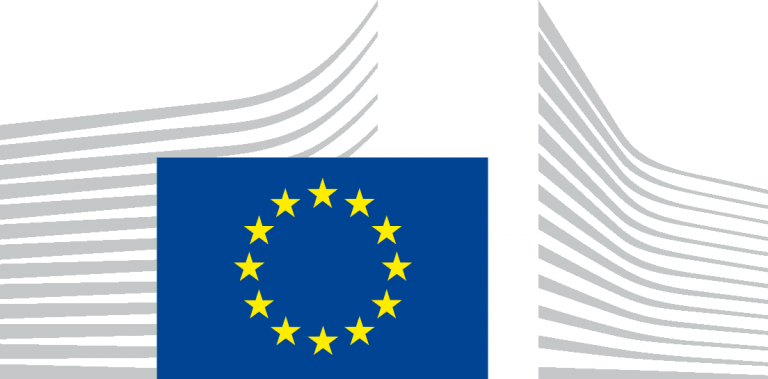Tomorrow, the European Commission will present a proposal (Tuesday, 15 January) for qualified majority voting on tax issues in the Council. Until now, the unanimity principle has blocked key decisions. Important plans for a European response to the tax scandals have been stuck in the Council for years, including the Common Consolidated Corporate Tax Base (CCCTB), the digital tax, the VAT reform and sanctions against tax havens. The Commission wants to use the so-called „passerelle clause“ in the EU Treaty, the use of which, however, requires unanimity of all Member States. Several Member States have already announced that they will continue to reject majority voting on tax matters. At the same time, there was no majority within the EU Commission to use Article 116 of the Treaty on the Functioning of the European Union (TFEU), which also allows a majority vote in tax matters but without prior unanimity of member state, if the EU Commission really wanted it. This is exactly what Jean-Claude Juncker had promised Sven Giegold on 30 May 2017 in a public hearing of the PANA Committee.
In addition, the coordinators of the temporary tax special committee TAX3 are today discussing the establishment of a permanent tax sub-committee in the European Parliament. The Special Committee TAXE was set up to deal with the LuxLeaks, and the fourth Special Committee TAX3 is now working on the revelations of the Paradise Papers.
MEP Sven Giegold, financial and economic policy spokesperson of the Greens/EFA group commented:
„The European Commission is putting up a smokescreen. What looks like a sensible step towards overcoming the reluctance of EU governments turns out to be an illusionary giant on closer inspection. The EU Commission must accept the criticism of trying to reap credit in the short term without wanting to deliver results. The plan to overcome unanimity blockades with a unanimous decision is absurd and obviously ineffective.
From tax transparency to a common tax base to the digital tax, EU governments are blocking key issues for EU citizens out of national egoism. The German government must not block Brussels again but must, like France, support the change to majority voting in tax matters. The European Commission should note that the veto rights of individual tax havens in the European Union distort competition. The EU Commission must switch to majority voting for the common corporate tax base and the digital tax. Article 116 of the Treaty on the Functioning of the European Union points the way.
With the passerelle clause, Jean-Claude Juncker breaks his personal commitment to propose the majority voting under Article 116. In the course of the Panama Papers Inquiry Committee, Juncker expressly promised me the use of Article 116.
The work of the TAX3 special committee has shown that we must not leave the big tax issues to the EU Member States. A permanent subcommittee on tax issues and financial crime is the right way forward.”
Jean-Claude Juncker’s broken promise (starting at minute 53:04 in the video):
http://www.europarl.europa.eu/ep-live/de/committees/video?event=20170530-1500-COMMITTEE-PANA
Explanation:

